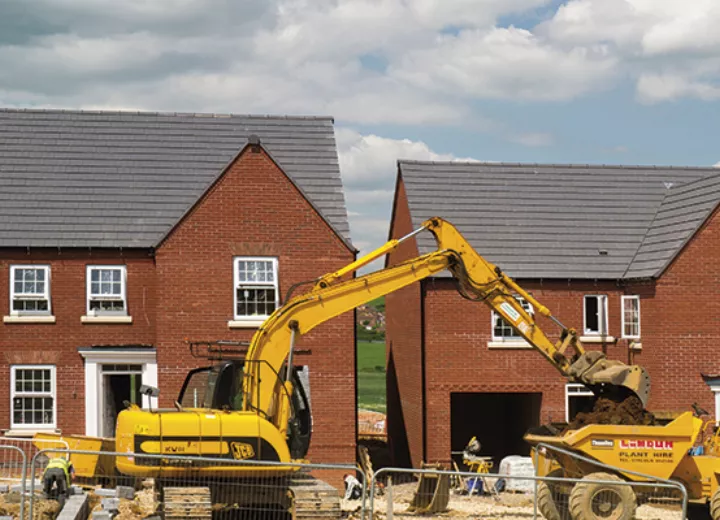In June 2021, the UK’s governing Conservative Party lost a by-election in Chesham and Amersham, a seat it had held for 47 years. The principal reasons reported as the cause of this defeat were proposed planning reforms and the promotion of housebuilding on greenfield sites across the south of England.
What are these planning reforms?
In August 2020, the government’s Ministry of Housing, Communities and Local Government (MHCLG) released its white paper Planning
for the Future, which promised to modernise the planning system, transform the way communities are shaped and speed up housebuilding. The prime minister claimed that the planning system “is beginning to crumble and the time has come to do what too many have for too long lacked the courage to do – tear it down and start again”. The consultation closed in October 2020 and received more than 40,000 responses, a figure described as “huge” by the MHCLG’s chief planner.
In May 2021, the Queen’s Speech stated that a Planning Bill would be brought forward in the autumn of 2021. However, the consultation on related reforms to environmental impact assessment, scheduled for autumn 2020, has never materialised; nor has the government published any response to the 2020 consultation on the white paper.
Meanwhile the Housing, Communities and Local Government (HCLG) Committee of the House of Commons launched an inquiry into the white paper in October 2020 and published its first report in June 2021. The HCLG Committee report is critical of many aspects of the proposed reforms, questioning the scientific justification behind the stated 300,000 annual housebuilding target. IEMA has been engaged throughout this period, publishing Levelling Up EIA to Build Back Better (September 2020), submitting a consultation response to the planning white paper (October 2020) and submitting written evidence to the HCLG committee (March 2021).
As IEMA and its members stand by for more details, we will be working to ensure that these ‘radical reforms’ are aligned to the urgent need to address the climate and biodiversity crises and help to deliver the government’s commitments to the United Nations Sustainable Development Goals. Ultimately, the reforms should look to strengthen, rather than sacrifice, existing environmental and social protections to create a more sustainable, equitable and prosperous built environment.
Image credit: Alamy








